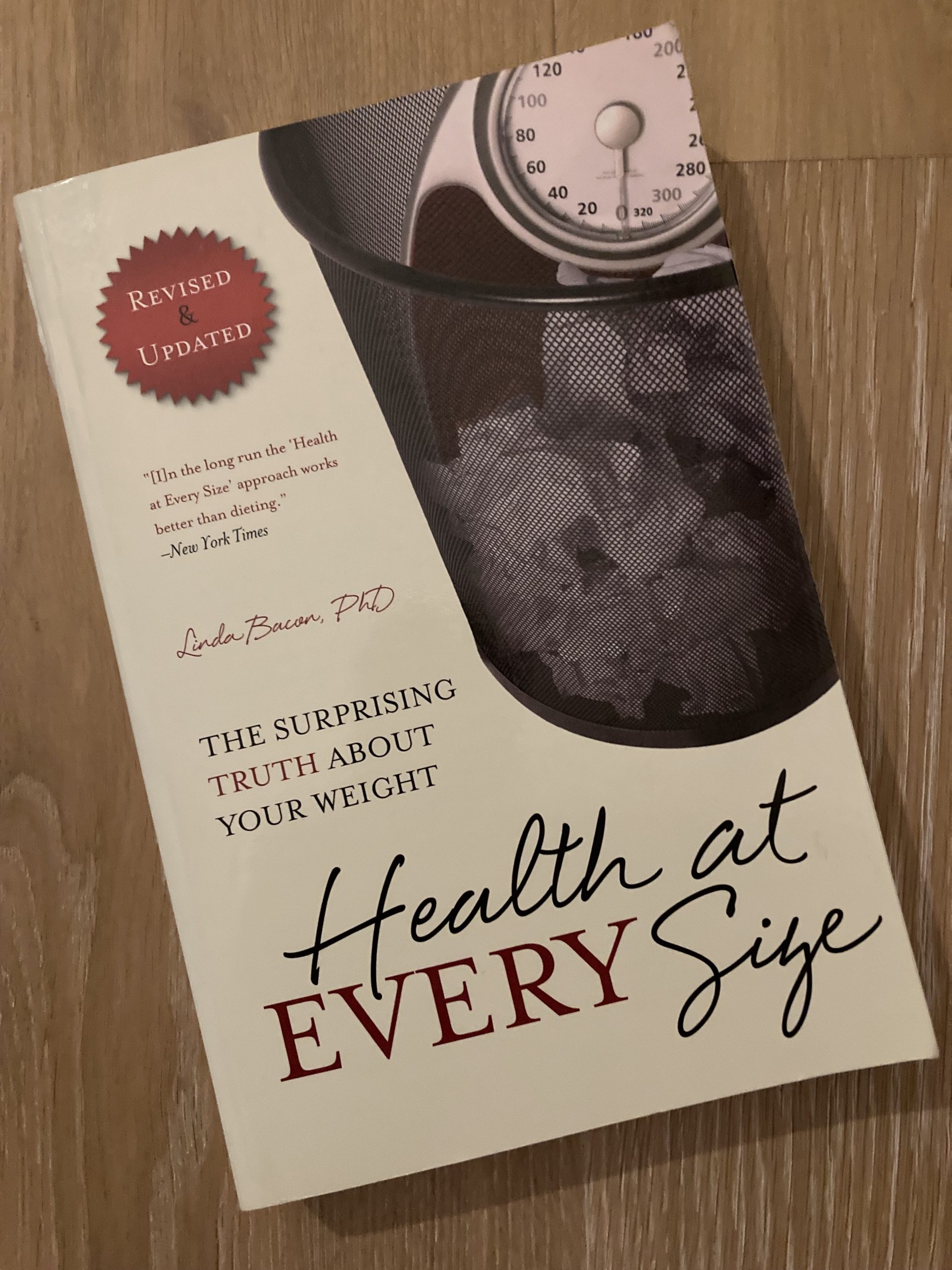Trademarks and Activists: The Complex History of Health at Every Size

The definition of Health at Every Size (HAES) may initially appear to be easy to understand. Many HAES advocates argue that all bodies, regardless of size, can achieve and maintain ‘good’ health. Yet, meanings and understandings of HAES have a complex and contentious history. HAES can loosely be separated into two branches. The most popularised branch has now been trademarked and was adapted and popularised by healthcare professionals such as Lindo Bacon, Deb Burgard and Lucy Aphramor. The other is perhaps lesser known to people outside of the fat activist movement but has its roots in early fat liberation where fat people were first able to discuss their dismal experiences of healthcare as part of community organisation. Both branches argue…

